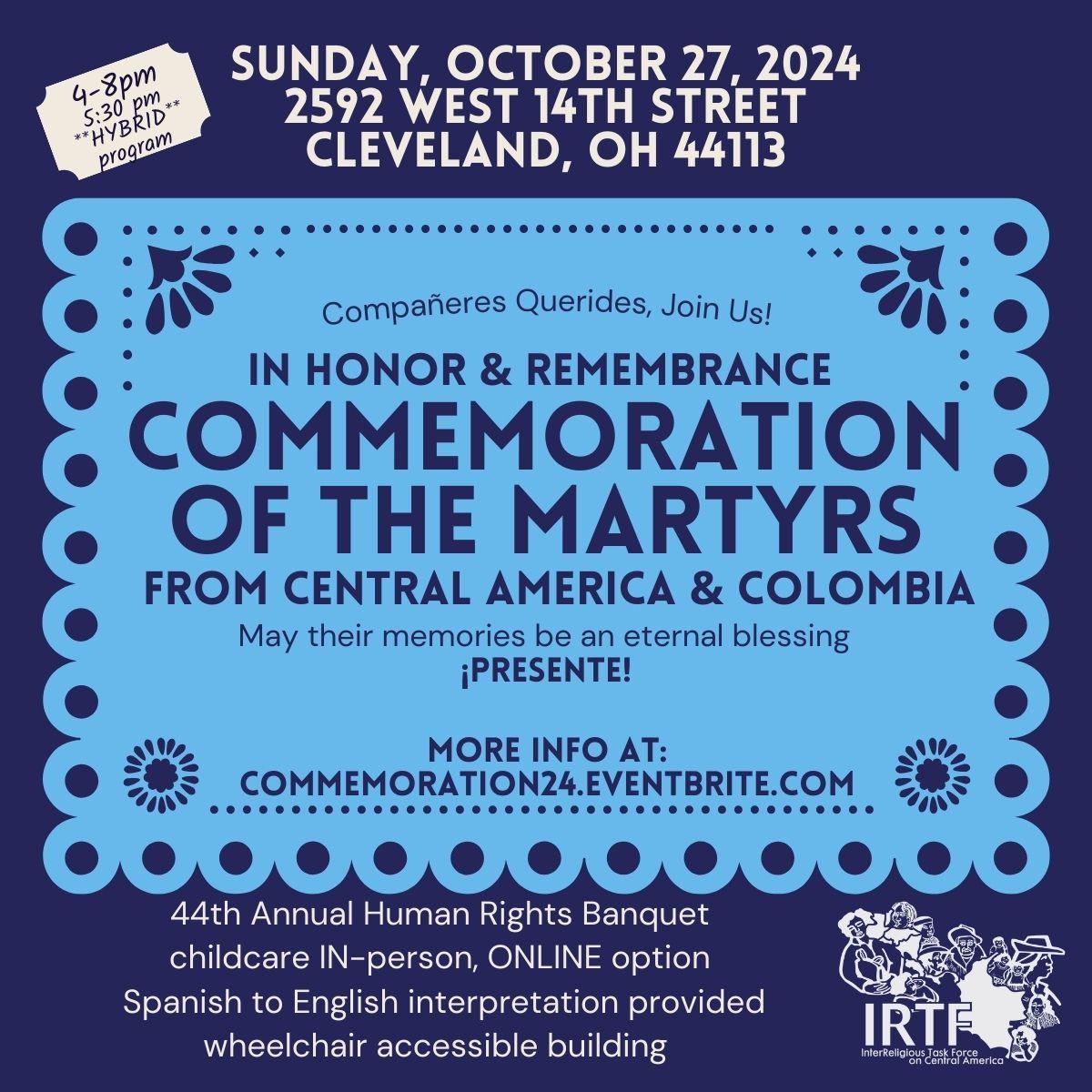During the fall of 2023, civil society groups across Guatemala held mobilizations to ensure the peaceful transition to power of then President-elect Bernardo Arévalo while also demanding the resignation of Attorney General María Consuelo Porras, who sought to block his inauguration. In Totonicapán Department, an association of 48 Indigenous K'iche' communities led peaceful protests that shut down highways across Guatemala for three weeks.
On April 23 of this year, police arrested two of the former leaders of 48 Cantones of Totonicapán. Luis Pacheco and Héctor Chaclán have been remanded to pretrial detention in the military prison Mariscal Zavala on allegations of terrorism because of the protests.
The arrests of Luis Pacheco and Héctor Chaclán have prompted widespread condemnation. President Arévalo stated that the arrests were unfounded and “criminalized principles and rights that are guaranteed.” The Inter-American Commission on Human Rights referred to the arrests as “a continued spurious instrumentalization of the constitutional function of investigating crimes.” To show their solidarity with Luis Pacheco and Héctor Chaclán, the Committee for Campesino Development (CODECA) blockaded 18 simultaneous locations on April 28. On May 2, members of 48 Cantones de Totonicapán held a press conference at the Plaza of the Constitution in the nation’s capital demanding their release.
Attorney General María Consuelo Porras has been accused of criminalizing the constitutional rights to freedom of expression and assembly. She has been sanctioned for corruption by the US and over 40 other countries, all while using her position to persecute those who have fought against corruption.
We are urging that authorities in Guatemala 1) drop all charges against Luis Pacheco and Héctor Chaclán and release them to their families; 2) investigate Attorney General María Consuelo Porras for violating the rights of Indigenous peoples and impeding corruption investigations; and 3) end the misuse of the judicial process against human rights defenders, Indigenous leaders, and others who have fought against corruption.

